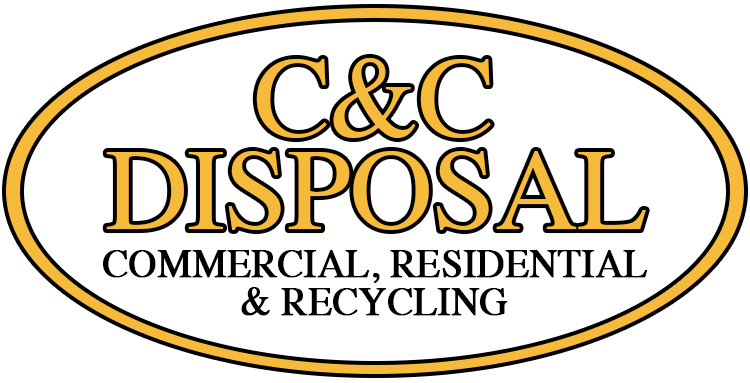
Everything in the modern lifestyle is centered around consumption and convenience. We turn off alarms in the morning with voice recognition and slip blissfully into electric blankets at night. Plastic packaging, contactless delivery, and the seemingly innate need for the latest and greatest kitchen appliances make living waste-free a distant, unattainable dream.
However, for an increasing number of people, communities, and even cities, pursuing a waste-free lifestyle is gaining more and more momentum. With waste removal and recycling in some cities becoming streamlined and sustainable, companies across the country are altering their goods and packaging to minimize waste, allowing consumers a real choice in how they impact the environment.
The Spectrum of Waste-Free Living
Embarking on the path to waste-free living is a bold endeavor that individuals approach with varying degrees of commitment. Like dieting, there are a thousand ways to go about it, from starting simple and achievable to going cold turkey. Some, who have been at it for longer, are literally generating zero waste and using composting toilets to eliminate their contributions to landfills. Meanwhile, the average American is responsible for 5 pounds of waste every day.
People often get boxed into two camps. In the first group are individuals opting for off-grid lifestyle blocks and embrace composting to ensure their footprint is as faint as possible. In the other box are people entangled in a web of fast food and convenience, littering single-use plastics like breadcrumbs everywhere they go.
It shouldn’t be this divided. Just like you can choose to eat less meat without becoming a vegan, you can decrease the amount of garbage you create in the same way.
Some waste-free lifestyles that often get overlooked in our fascination with the extremes include:
- Waste-free foodies: People who buy groceries and food that come in biodegradable packaging only.
- Single-use plastic-free: People who abstain from using single-use plastics, such as soda bottles and grocery bags.
- Waste-free challenge: People who nominate a certain time period to avoid creating waste. It could be a day, a week, a month, or a year.

Recent Comments